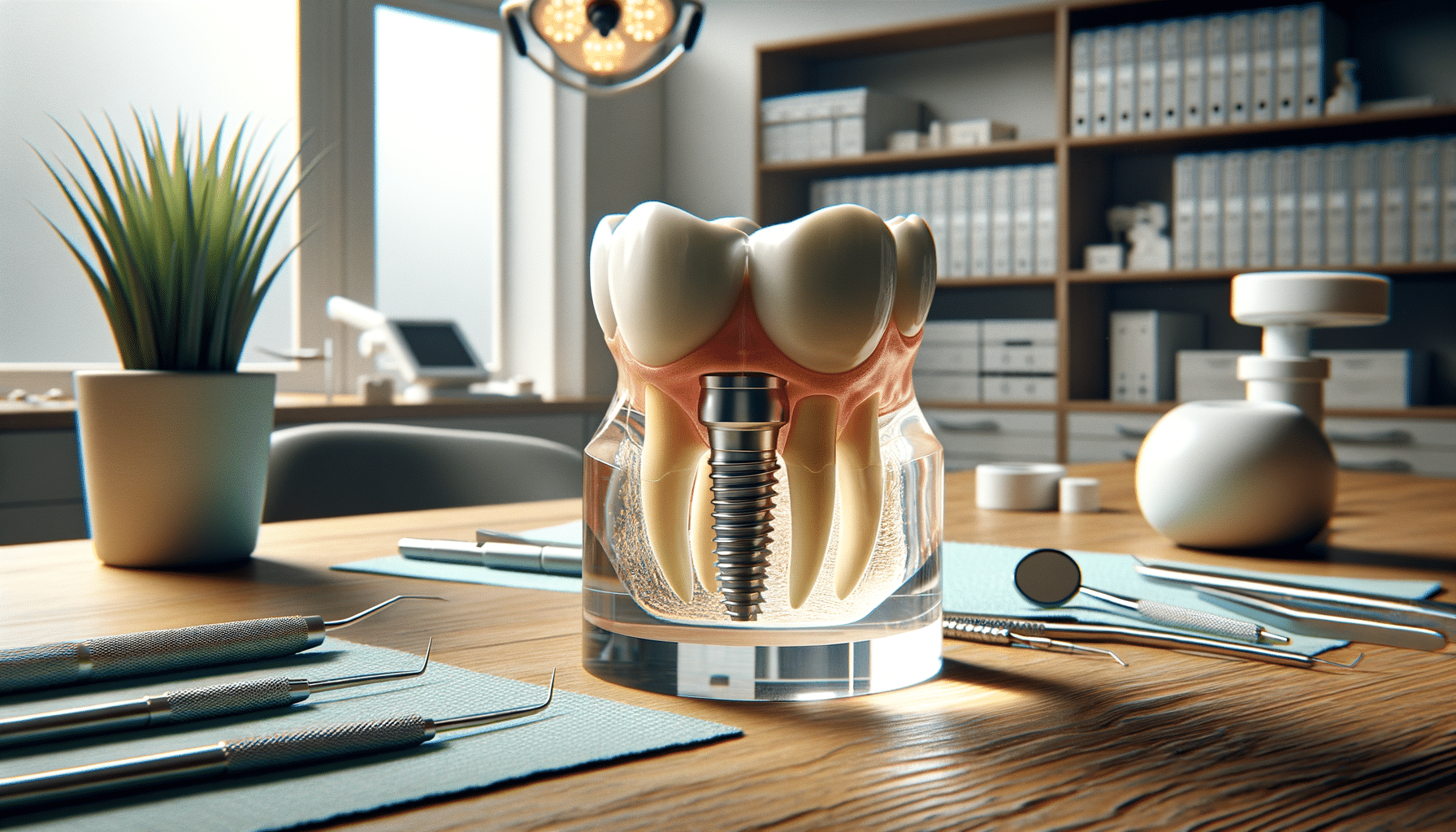
Are Dental Implants as Safe as You Think? A Dentist’s Honest Take
Introduction to Dental Implants
Dental implants have become a popular solution for replacing missing teeth, offering a durable and aesthetically pleasing alternative to traditional dentures or bridges. As more people consider this option, understanding the safety and efficacy of dental implants is crucial. This article delves into the various aspects of dental implants, providing a comprehensive overview of their benefits, risks, and long-term outcomes.
Understanding the Procedure
The dental implant procedure involves the surgical placement of a titanium post into the jawbone, acting as a root for the artificial tooth. This process requires careful planning and precision to ensure the implant integrates successfully with the bone, a process known as osseointegration. Typically, the procedure is performed in several stages, starting with the initial consultation and ending with the placement of the crown.
Key aspects of the procedure include:
- Consultation and Planning: A thorough examination, including X-rays and 3D imaging, helps determine the best approach for implantation.
- Surgical Placement: The titanium post is inserted into the jawbone under local anesthesia.
- Healing Period: Osseointegration takes several months, during which the bone grows around the implant.
- Abutment and Crown Placement: Once healed, an abutment is attached to the implant, followed by the custom-made crown.
Understanding these steps helps patients prepare for the journey and sets realistic expectations for recovery and results.
Benefits of Dental Implants
Dental implants offer several advantages over traditional tooth replacement methods. These benefits include improved function, aesthetics, and oral health. One of the most significant advantages is the stability they provide, allowing individuals to eat, speak, and smile with confidence.
Some notable benefits are:
- Natural Appearance: Implants are designed to mimic the appearance of natural teeth, blending seamlessly with existing teeth.
- Durability: With proper care, dental implants can last a lifetime, making them a cost-effective solution in the long run.
- Bone Health: Implants stimulate the jawbone, preventing bone loss and maintaining facial structure.
- Convenience: Unlike dentures, implants do not require removal for cleaning, simplifying oral hygiene.
These benefits make dental implants a highly regarded option for those seeking a permanent solution to tooth loss.
Risks and Considerations
While dental implants are generally safe, they are not without risks. Potential complications can arise, and it’s essential for patients to be aware of these before proceeding. Common risks include infection, nerve damage, and implant failure, which can result from poor oral hygiene or insufficient bone support.
Considerations for potential candidates include:
- Overall Health: Conditions like diabetes or smoking can affect healing and increase the risk of complications.
- Bone Density: Adequate bone structure is necessary to support the implant. In some cases, bone grafting may be required.
- Commitment to Oral Hygiene: Maintaining excellent oral hygiene is crucial to prevent infection and ensure the longevity of the implant.
- Cost: Dental implants can be costly, and not all insurance plans cover the procedure.
By considering these factors, patients can make informed decisions about their suitability for dental implants.
Long-term Outcomes
The success rate of dental implants is high, with studies showing success rates of over 95% after ten years. However, long-term outcomes depend heavily on the patient’s adherence to oral hygiene practices and regular dental check-ups. Proper care can lead to implants that function and look like natural teeth for decades.
Long-term factors to consider include:
- Regular Maintenance: Routine dental visits are crucial for monitoring the health of implants and surrounding tissues.
- Dietary Habits: Avoiding hard foods and maintaining a balanced diet supports implant longevity.
- Oral Hygiene Practices: Brushing, flossing, and using antibacterial mouthwash help prevent infection.
- Lifestyle Choices: Quitting smoking and managing systemic health conditions contribute to positive outcomes.
By understanding and committing to these practices, patients can enjoy the benefits of dental implants for many years to come.
Conclusion: Is It the Right Choice for You?
Dental implants offer a reliable and aesthetically pleasing solution for tooth replacement, with numerous benefits that enhance quality of life. However, they require careful consideration of various factors, including health status, cost, and commitment to oral care. Consulting with a dental professional is essential to determine if dental implants are the right choice for you, ensuring a safe and successful outcome.


